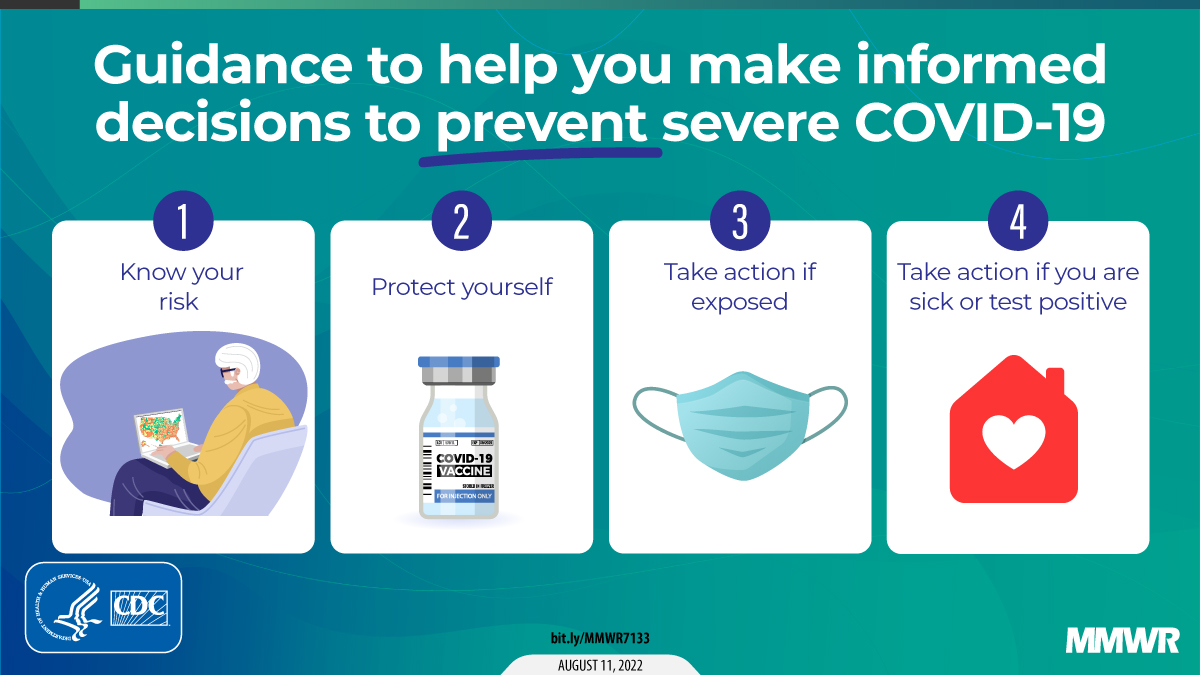The Centers for Disease Control and Prevention (CDC) is a national public health agency of the United States that provides guidance and recommendations on a wide range of health issues, including infectious diseases, chronic conditions, environmental health, and occupational safety and health. The CDC develops guidelines and recommendations based on the best available scientific evidence to help prevent and control diseases and promote health and safety.
Some examples of CDC guidelines and recommendations include:
- Immunization schedules and recommendations for children and adults
- Recommendations for the prevention and control of infectious diseases, such as influenza, HIV, and tuberculosis
- Guidelines for the prevention and management of chronic conditions, such as diabetes, heart disease, and cancer
- Recommendations for environmental health, including guidelines for safe food handling, lead poisoning prevention, and water quality
- Occupational safety and health guidelines for workers, including guidelines for workplace safety and health hazards.
The CDC's guidelines and recommendations are widely respected and used by healthcare professionals, public health agencies, and other organizations around the world.


0 Comments